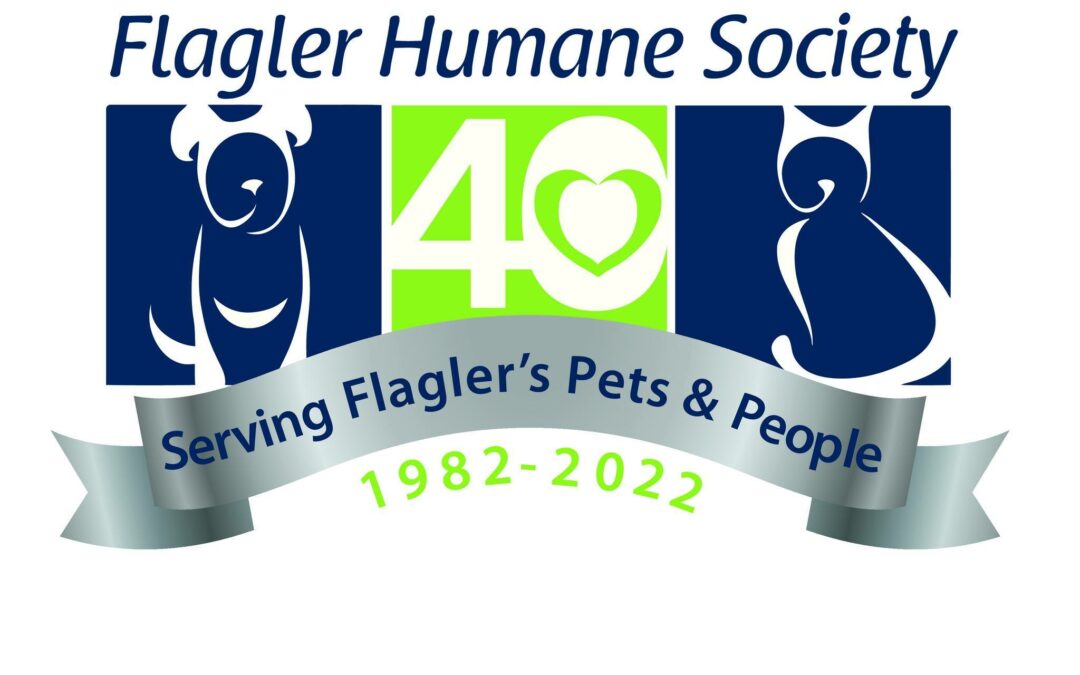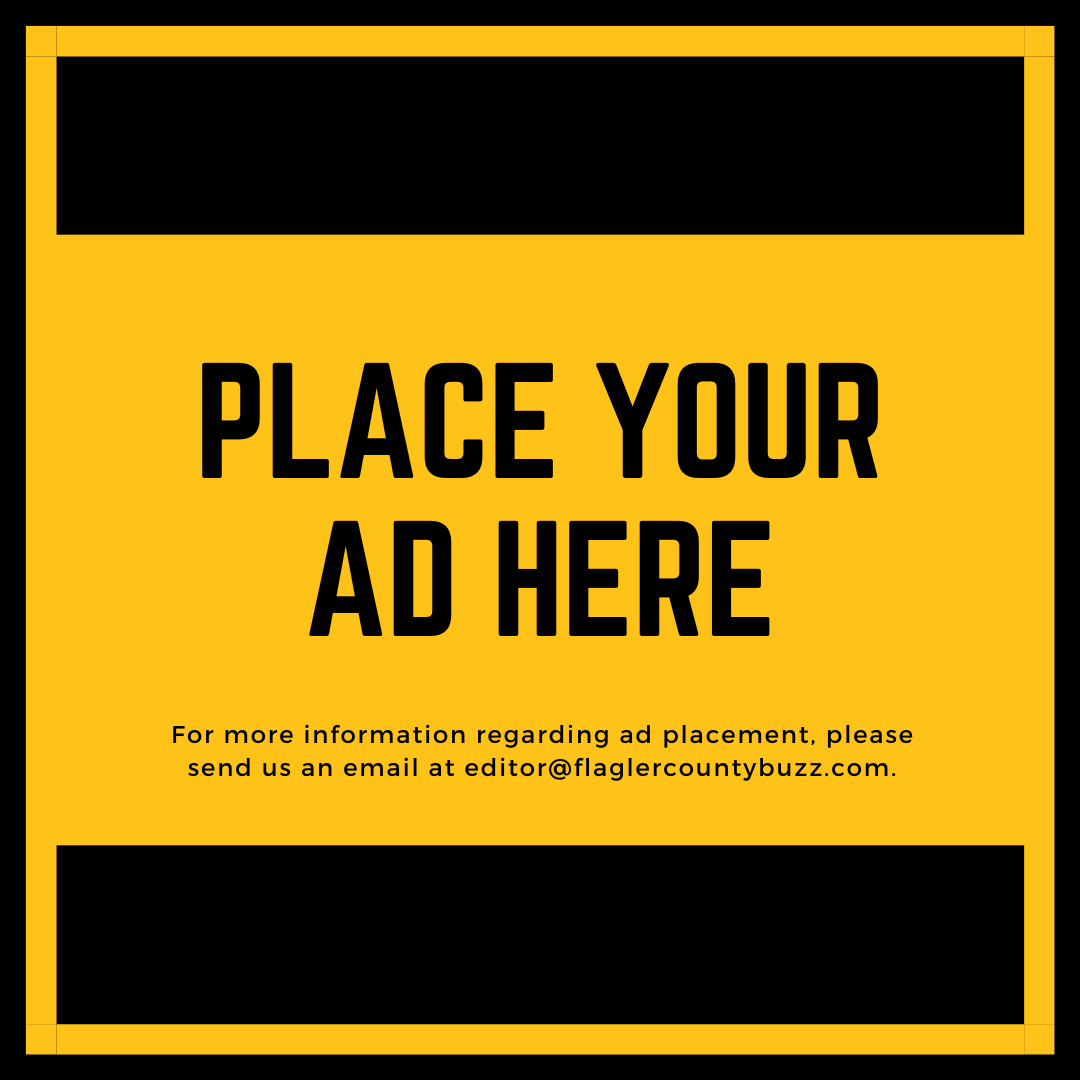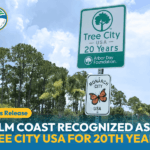A joint meeting between city and county officials discussing strategies for the Flagler Humane Society. Amy Carretto Nudo (Executive Director) defended the Humane Society’s operations and noted they maintain a 94% live release rate and have veterinarians on-site 5 days per week. She clarified that government funding covers less than 25% of actual animal care costs. The city currently pays $95 per animal for shelter services, with different rates for TNR (Trap-Neuter-Return) programs ($40) and other special circumstances. The county’s current contract includes animal control services and shelter services. Major concerns raised include the need for transparency (bylaws availability) – Oversight of public funds – Background checks for staff/volunteers – Board representation for government entities – Expanded reporting requirements – Long-term facility planning.
The board agreed to pursue three key points:
1. One-year contract extension with enhanced oversight provisions
2. Exploration of alternative options including: – Maintaining current arrangement with improvements – Potential interlocal agreement with the city – Bringing animal control in-house
3. Development of a capital improvement plan for future animal facility needs The Vice Mayor expressed concern about the lack of capital planning given population growth, while Humane Society board president Linda Lester opposed having government representatives on their board, citing potential conflicts of interest.
Staff proposed several oversight improvements including making bylaws public, adding anti-nepotism and conflict of interest policies, requiring government representation on the board, implementing background checks, and expanding monthly reporting to include animal outcomes. The discussion covered initiatives to reduce shelter intake, including behavioral training classes, temporary fostering programs, and rehoming assistance. Staff noted that behavioral challenges, rather than financial issues, were the primary reason for pet surrenders.
Multiple stakeholders provided input, including Humane Society staff and board members, community members, and animal advocates. Key points of contention included board representation, transparency concerns, and future facility planning. The meeting concluded with an agreement to pursue a one-year contract extension with enhanced oversight provisions while exploring long-term solutions.











That meeting was difficult to watch. It’s the third time I’ve observed this board, and unfortunately, the same issues keep coming up. At this point, I believe a change in leadership may be needed.
No one on the council was disrespectful, yet the board came across as defensive and dismissive. That kind of tone doesn’t build trust — especially with the public and donors who genuinely care about the animals and want to see the organization succeed.
We understand that taxpayer dollars only cover part of the funding, and we appreciate the challenges that come with running a nonprofit. But transparency and respectful communication go a long way. People are watching and forming opinions based on how these meetings are handled.